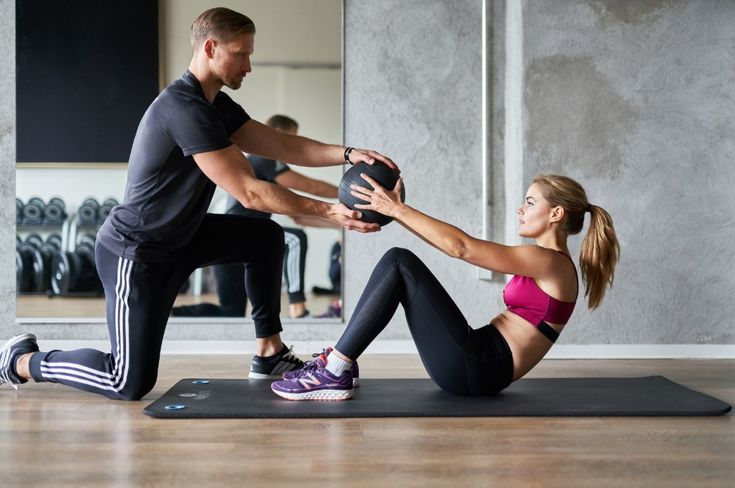
From Gym Rat to Professional Coach: Building a Career in Fitness
Many people fall in love with training — the weights, the sweat, the transformation. But turning that passion into a professional, sustainable career takes more than just muscles. It requires knowledge, credibility, and a lifelong commitment to learning. Becoming a professional fitness coach means evolving from a gym enthusiast to a trusted educator, leader, and mentor.
1. Passion Is the Starting Point — Not the Destination
Most coaches begin their journey because fitness changed their lives. That passion is powerful — it drives commitment and empathy. But passion without structure often leads to burnout, misinformation, or frustration.
A professional coach channels that passion through education, planning, and purpose.
As Bloom et al. (2003) noted, high-performing professionals develop through a process of guided mentorship, structured learning, and deliberate practice — not trial and error.
2. Learn the Science Behind the Practice
Coaching isn’t about shouting cues or copying influencer workouts. It’s about understanding why each exercise, load, or rest period exists.
That means mastering the fundamentals:
-
Anatomy and physiology – understanding how the body moves.
-
Biomechanics – applying correct movement patterns.
-
Exercise prescription – designing programs for specific goals.
-
Nutrition basics – fueling performance and recovery.
That’s why NASC certification emphasizes scientific literacy and application. Trainers are taught to translate research into practical, real-world coaching decisions.
“Coaching is not about what you know; it’s about what you can apply safely and effectively.” — NASC Research, 2024
3. Develop Coaching Skills, Not Just Knowledge
Great coaches are not just knowledgeable — they’re communicators, motivators, and problem-solvers.
They understand personality differences, emotional cues, and behavioral psychology.
Clients don’t just need a trainer — they need a guide who listens, adapts, and builds trust.
📘 Tip: Learn coaching psychology, communication techniques, and feedback strategies — all part of NASC’s behavioral coaching modules.
4. Build Credibility Through Certification and Experience
In the modern fitness industry, credibility is everything. Anyone can post workouts online — but only certified professionals are recognized as legitimate educators.
The National Association for Strength and Conditioning Research (NASC) provides Malaysia’s first localized, science-based certification framework — ensuring coaches are competent, ethical, and industry-ready.
Pair that certification with hands-on experience, such as internships, shadowing senior coaches, or volunteering at events like Malaysia’s Strongest Man & Woman.
The goal is to combine knowledge + real-world exposure to build a respected name in the field.
5. Treat Coaching Like a Business
A successful fitness career is not just about being a great coach — it’s about sustainability. Learn how to manage clients, pricing, marketing, and professional branding.
Understand the business side:
-
Client retention strategies
-
Professional presentation and punctuality
-
Building a niche (e.g., strength, rehab, athletic performance)
NASC’s Professional Practice Framework teaches future coaches how to operate ethically while maintaining business sustainability.
6. Keep Learning — Always
Fitness science evolves every year. Methods change, data improves, and new research challenges old beliefs.
The best coaches never stop learning. Whether it’s attending NASC workshops, reading research journals, or upgrading to higher-level certifications, continuous education keeps your knowledge relevant and your career strong.
As Ericsson (2006) highlights, expertise is built through deliberate practice over time, not instant achievement.
Key Takeaway
Turning passion into a profession means combining science, skill, and self-discipline.
A professional coach is not just someone who lifts — but someone who leads, teaches, and transforms lives through knowledge and credibility. So keep training your body — but never stop training your mind.
References
-
Ericsson, K. A. (2006). The influence of experience and deliberate practice on the development of superior expert performance. The Cambridge Handbook of Expertise and Expert Performance, 685–705.
-
National Association for Strength and Conditioning Research (NASC). (2024). Professional Practice Framework for Fitness Coaches. NASC Publications.
-
Weinberg, R. S., & Gould, D. (2019). Foundations of Sport and Exercise Psychology (7th ed.). Human Kinetics.


